Finances
Does paying car insurance help your credit score?
Read on and find out whether paying car insurance helps your credit score.
Advertisement
Is this yet another activity that influences your credit score? Read on and find out

Have you ever found yourself wondering: does paying car insurance help your credit score? Sometimes it seems like even your heart rate influences your credit score.
Of course, this is an exaggeration. But with so many factors impacting positively or negatively your credit score, one has to wonder how far this goes.
After all, if your credit history, credit utilization, and even your types of credit influence your scoring, there are certainly other ingredients to this soup.

Auto Credit Express application for auto loans!
Applying for auto loans through Auto Credit Express you get access to multiple lenders and car dealers even if you have bad credit.
If you own a car and have it insured, those insurance payments must have something to do with your credit score, right?
Well, actually they do not. However, your car insurance in and of itself can have a relationship with your credit score.
Somehow, your car insurance impacts your credit score, but not the way you want it to.
While it is certainly true that your credit history and score can impact how much an insurer will charge on your policy, making a late payment will not damage your credit score.
Read on and find out how your credit score is related to your credit report.
How your credit history and score affect your car insurance
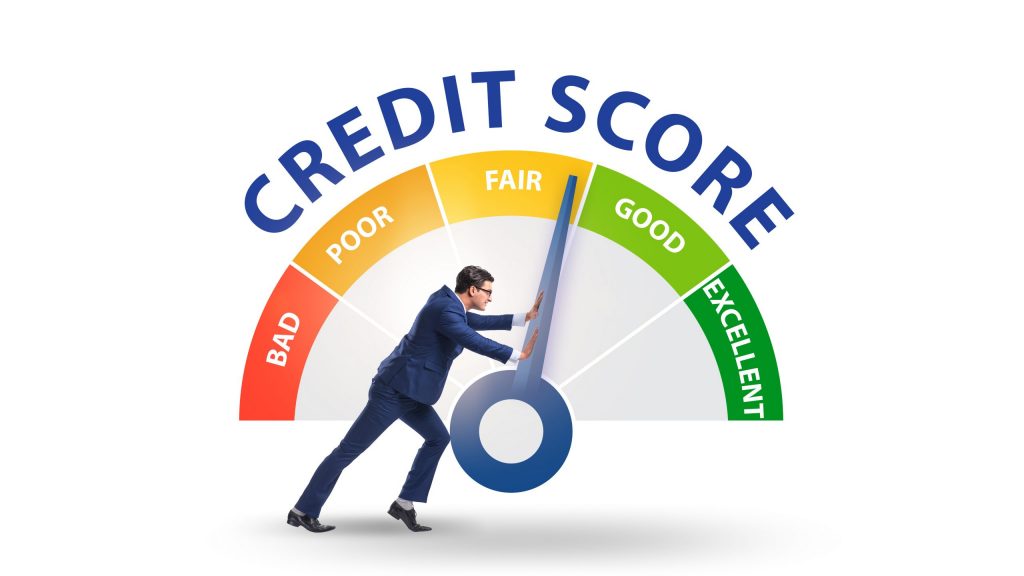
As we said, paying car insurance does not help to improve your credit score. But let’s see how they’re related.
Your car insurance rate is directly dependent on your credit score. The lower your credit score is, the more likely you are to cost more money to an insurance company.
As much as this sounds arbitrary, it is not. There are actual studies about it. Insurance companies act on this information charging higher rates to people with low credit scores.
95% of auto insurance carriers use a credit-based insurance score in order to calculate premiums. This information was brought up by the National Association of Insurance Commissioners.
Mind you, however, that in some states such as California, Hawaii, Michigan, Maryland and Massachusetts this practice is not allowed.
Also, Washington state has banned the use of credit scores for setting policy premiums.
There are also limitations to the use of credit histories for setting rates in Utah and Oregon in certain situations.
However, even in states where there are no such limitations, your credit score is not the only factor insurance companies will take into account when deciding on your rate.
Your driving history and even claims on your history, along with other factors, contribute to their decision.
You will be redirected to another website
By submitting this form, I agree that I am 18+ years old and I agree to the Privacy Policy and Terms and Conditions. I also provide my signature giving express consent to receive marketing communications via automated emails, SMS or MMS text messages and other forms of communication regarding financial products such as credit card and loans. Message frequency varies and represents our good faith effort to reach you regarding your inquiry. Message and data rates may apply. Text HELP for help or text STOP to cancel. I understand that my consent to receive communications is not a condition of purchase and I may revoke my consent at any time.
Missing payments or not paying your car insurance impacts your credit score
Paying your car insurance is not the same as making regular loan or credit card payments, and that’s why it does not help you with your credit score.
Your insurance payments do not get reported to credit bureaus and therefore do not contribute to building or improving our credit score.
Also, not paying your car insurance does not impact your credit score negatively.
However, if your insurer decides to hand your debt to a collection agency, this will show up on your credit report.
This fact will stain your credit report for about 7 to 10 years, which lenders may consider a sign that they cannot trust you to meet your obligations.
However, depending on your overall financial picture the effects of not paying your car insurance and having it handed to a collection agency can vary.
Still, as a general rule, being late with your car insurance, utility bills, or other payments is a bad idea.
They may all go to collection at some point, and when this happens, it will leave a negative mark on your credit score.
This will reduce your ability to qualify for new loans, credit cards, or other credit products.
Consider improving your credit score
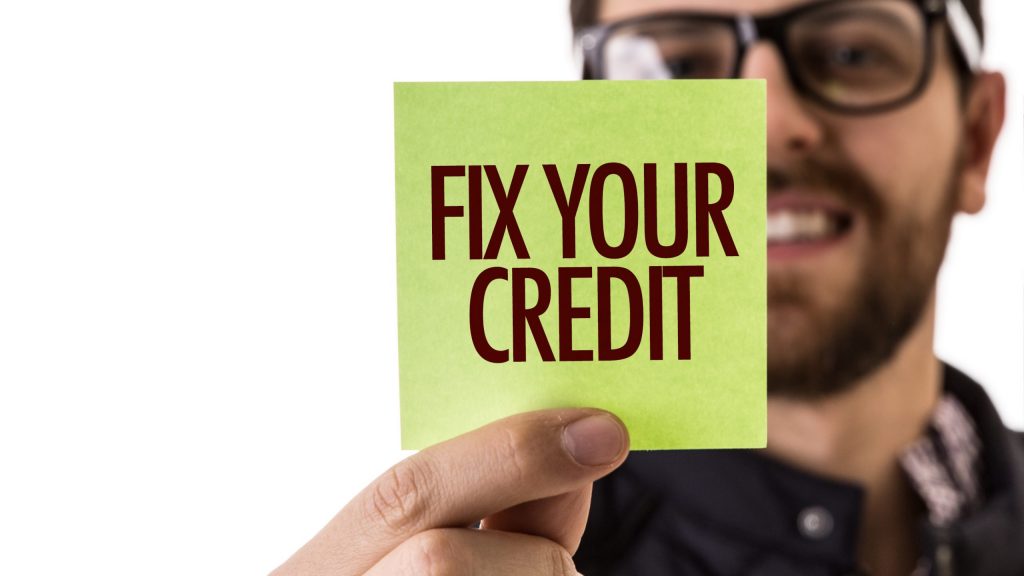
Regardless of limitations to credit checks for setting insurance premiums, having good credit is important for both financing and insurance policies.
For this reason, you should always find time to review your credit report and get an idea of where you stand.
If there are areas you can improve on your credit, you should be working on them. You can check your credit report with all the three major credit bureaus.
A few things you can do to improve your credit include catching up with past-due payments.
Your payment history accounts for 35% of your credit score, so if there is one thing you should prioritize, it is paying everything you owe regularly and on time.
Also, you should check to see whether your credit utilization is too high. As a rule, you do not want to use more than 30% of your total available credit.
The lower your credit utilization ratio, the more positive impact it will have on your score.
Another factor which runs below the radar for many people is that there may be errors in your credit report.
Although they are rare, errors do happen. That is why you should regularly check your credit report.
If you spot an error, you can file a dispute to ask for a correction. This on its own could raise your score a few more points.
Avoid applying for too many new credit cards. Every time you do it credit card issuers perform a hard inquiry which will show up on your credit report.
In conclusion
As much as your auto insurance payments (or non-payments) are not reported to the major credit bureaus, paying late or missing payments is a bad idea.
This practice will eventually have a very negative impact in your financial history which will show up when you most need it.
At times things get tough and you have to prioritize what to pay for. That is understandable.
However, you should always strive to not miss payments, even if this means giving up on a few spending categories.
Credit is based on trust. “Creditworthiness” is just another word for “trustworthiness”.
The more creditworthy you are, the less risk you represent to lenders who trust that you will pay what you agreed to pay.
If for any reason you face hard times financially, make it a habit to evaluate your spending.
It is commonplace knowledge in personal finance that, even when times are good and money is plenty, you should live below your means.
When times are tough, however, this maxim applies threefold. If need be, give up on the insurance, and come back later when it makes more financial sense.
If instead of going up, your credit score dropped, let’s find out the reason!
While it seems so hard to bring your credit score up, it is annoyingly easy to make it drop.
If that’s your case, you might get yourself wondering what caused it. Was it your credit utilization rate? Some missed payment? Some old debts?
The following content will tell you more about this relevant topic and will help you find the answer to your doubts.

Why did my credit score drop?
Read on and find out why your credit score might have dropped, and what you can do to bring it back to a better level.
About the author / Danilo Pereira
Trending Topics
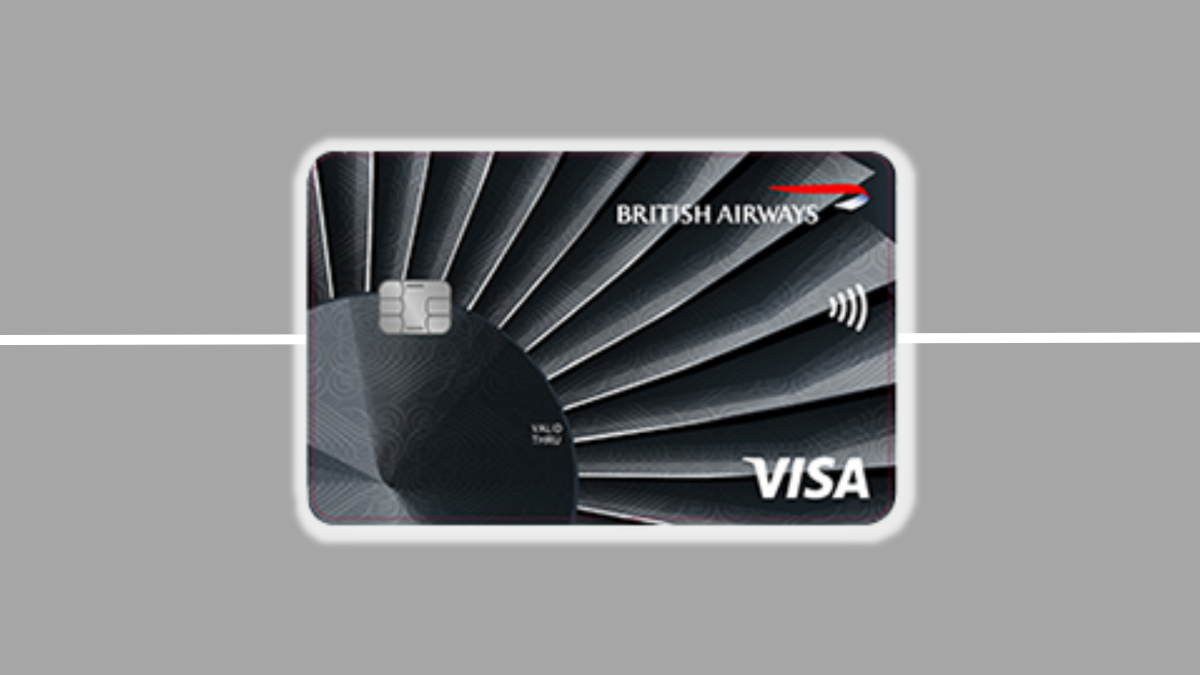
British Airways Credit Card application: Travel Rewards and Benefits
In this British Airways Credit Card application guide you are going to learn how to get this card in just a few minutes.
Keep Reading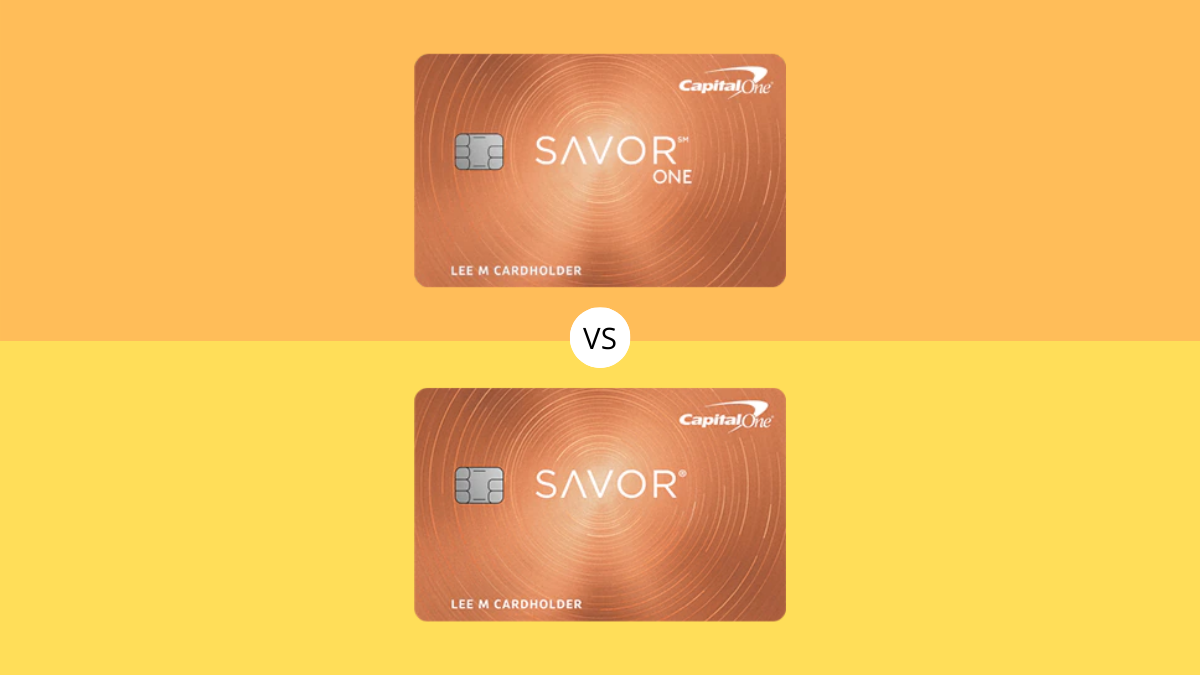
Savor Rewards or SavorOne Rewards for Good Credit
Check out our comparison between the Savor Rewards and the SavorOne Rewards for Good Credit to learn which is the best for your needs.
Keep Reading
Oportun Personal Loans application
Learn how the Oportun Personal Loans application process works and have access to funds fast to cover whatever you may need them for!
Keep ReadingYou may also like
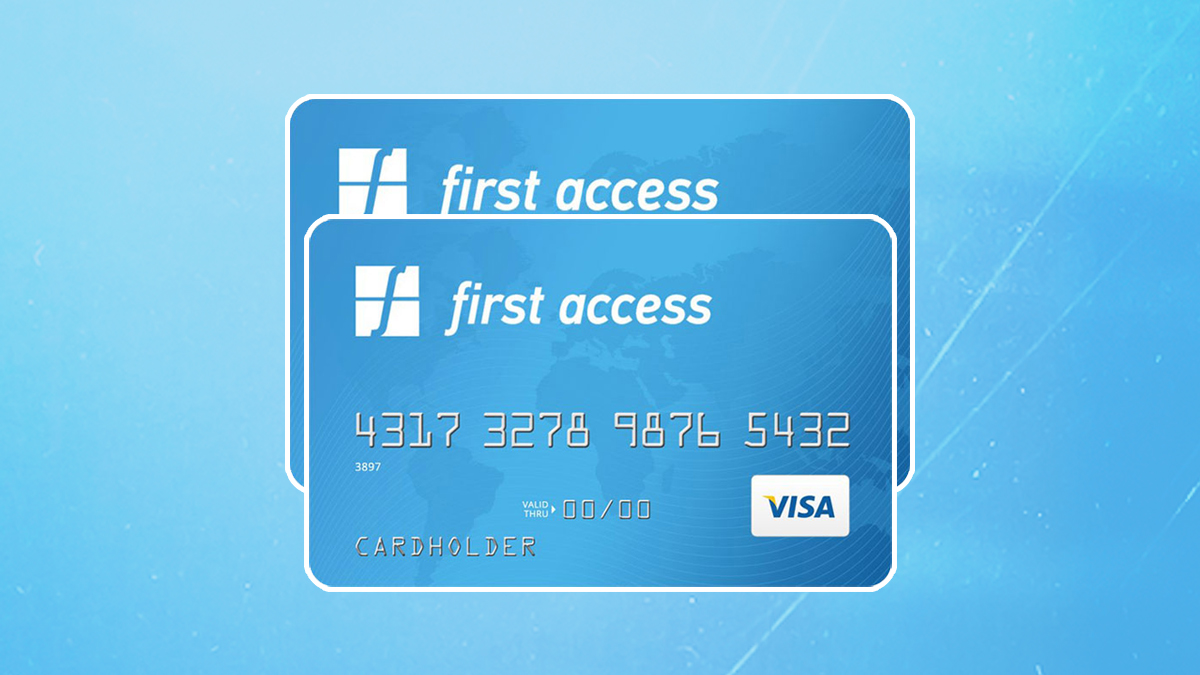
First Access Visa® credit card review
Read this First Access Visa® credit card review to find out if this card is a good choice for people with poor credit score.
Keep Reading
How to open your account and join TD Ameritrade
Learn how to join TD Ameritrade, open your account and start investing today with some of the best tools and trading platforms out there.
Keep Reading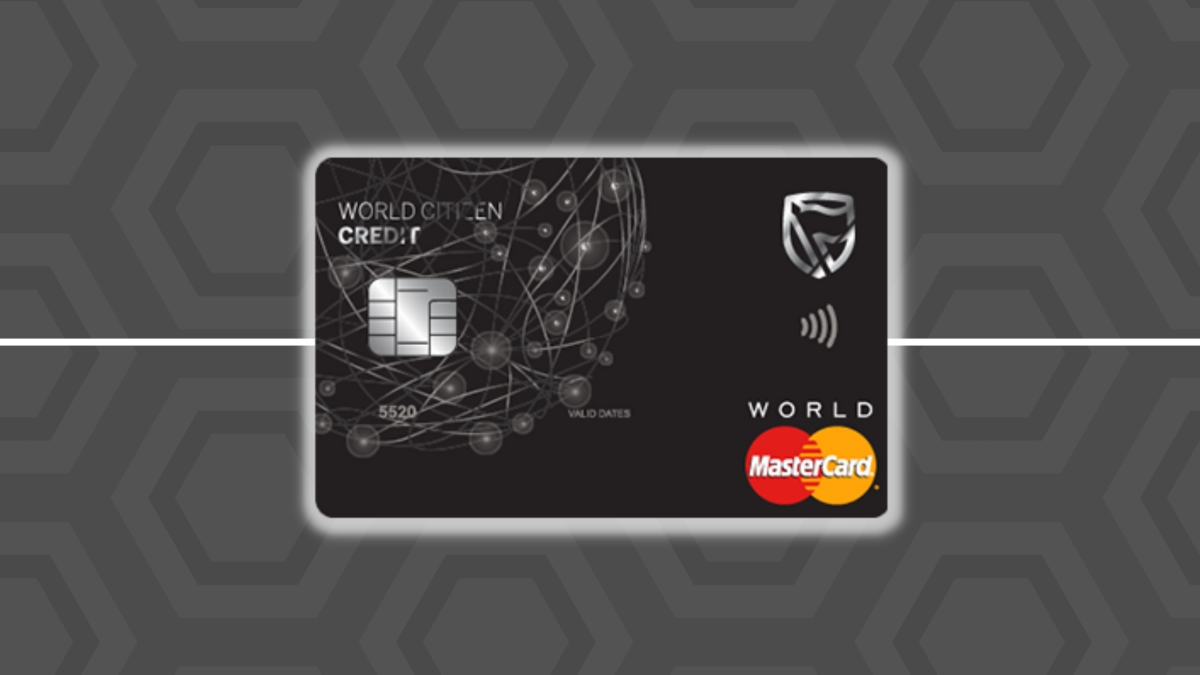
How to get your Standard Bank World Citizen Credit Card: online application
In this Standard Bank World Citizen Credit Card application guide, we will show how you can get this card that gives you tons of benefits.
Keep Reading